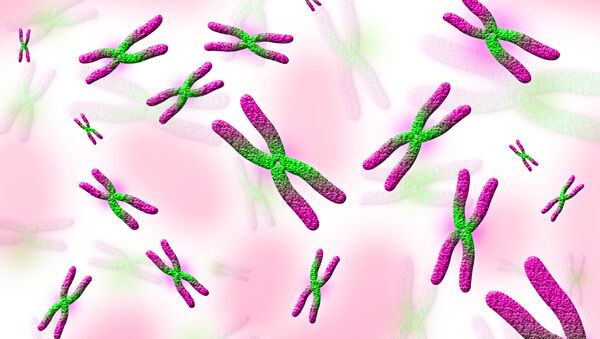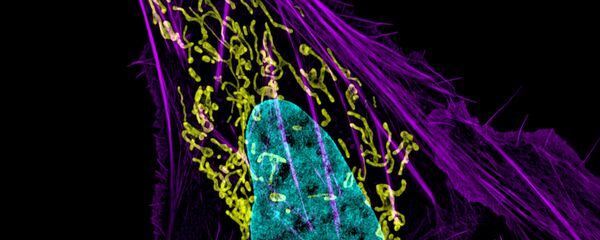It is a known fact that all cells in the human body carry a set of 23 chromosome pairs, and after the division process it normally produces two new cells with 23 pairs of chromosomes in each. However, the exact mechanism of this process remained unknown until now.
The novel component, called an End binding one (EB1) factor, is a protein that is the linking component involved in separating the chromosomes during cell division. It helps to hold the sister chromatids of the future new sells together, explains Dr. Manna, Associate Professor and Head at the IISER.
"We are the first to identify that it has a crucial role to play in chromosome regulation during cell division," he said, as quoted by Deccan Chronicle newspaper.
Since errors in chromosome segregation lead to genetic disorders like Down Syndrome and cancers, the study will be used in pharmacology in the future.






